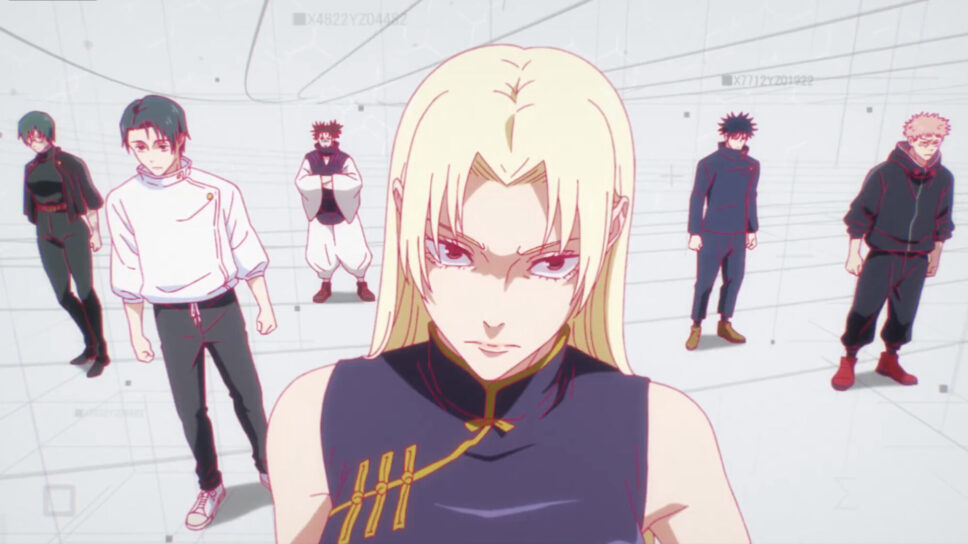
The Water Magician 2025's Most Underestimated Isekai
Rating: 8.2/10 - A thoughtful isekai that prioritizes character development over spectacle
Picture this: You die at 20, wake up in a fantasy world with water magic, and think you'll live peacefully by a lake making tea. Instead, you're dropped in monster-infested wilderness with nothing but a knife, some food, and abilities you don't understand. Welcome to Ryo's world.
The Water Magician (Mizuzokusei no Mahōtsukai) burst onto anime screens in July 2025, and while it might seem like just another isekai at first glance, this series has been quietly winning over fans with its unique take on the reincarnation formula. Based on Tadashi Kubō's web novel that started on Shōsetsuka ni Narō, this isn't your typical "overpowered from day one" story—it's a masterclass in gradual character development and realistic magical growth.
The Deceptively Simple Plot That Hooks You
The story follows Ryo Mihara, a Japanese man who dies at age 20 and is reincarnated in the fantasy world of Phi. He's granted water magic and the rare hidden trait of eternal youth, but here's the twist that sets it apart from other isekai: he can only conjure a cupful of water at a time initially, and he's immediately cast into wild outlands with nothing but a humble shack, a single knife, and some food.
What follows is 20 years of surviving in monster-infested wilderness, during which Ryo gradually becomes one of the most powerful magicians ever. The series doesn't rush this transformation—instead, it takes its time showing us every struggle, every small victory, and every moment of growth that shapes our protagonist.
The real story begins when Ryo meets Abel, a genius knight, who thrusts him into magical society's spotlight. Suddenly, the hermit who just wanted a quiet life finds himself at the center of political intrigue and magical conflicts he never asked for.
Main Characters: More Than Meets the Eye
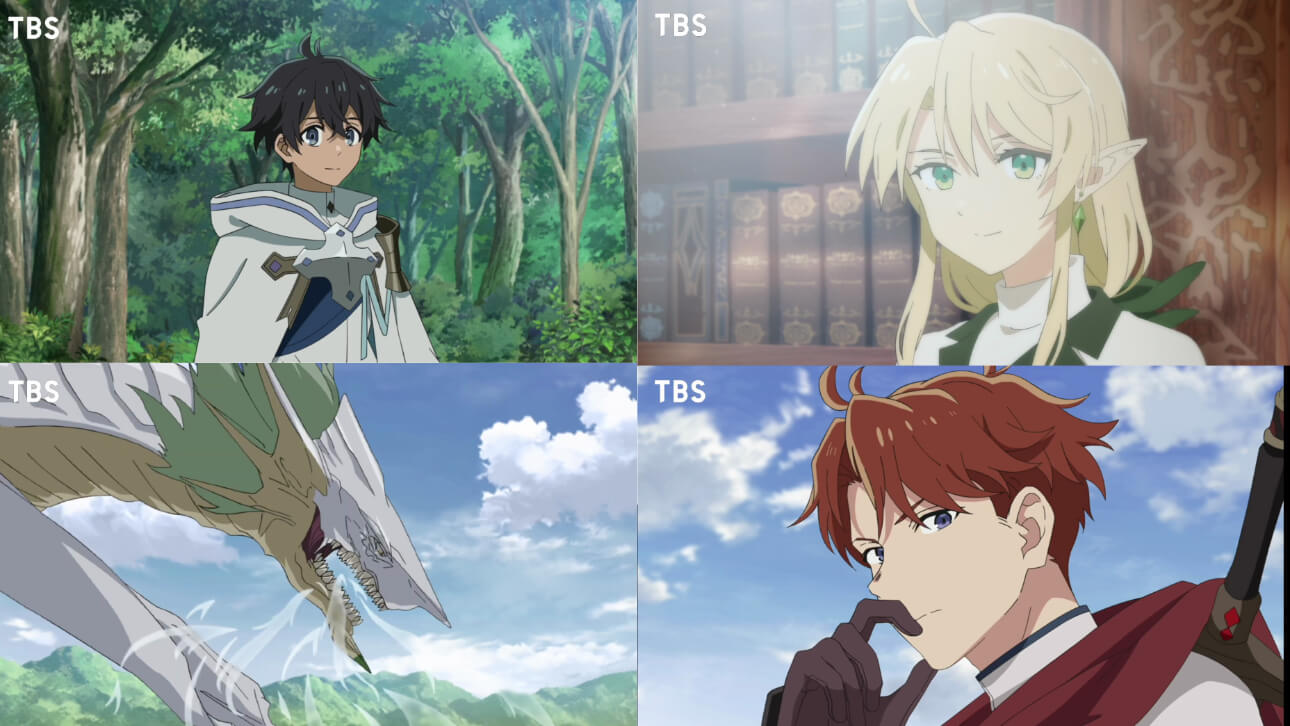
Ryo Mihara - The Reluctant Legend
Voiced by Ayumu Murase in Japanese and Dallas Reid in the English dub, Ryo is the heart of this series. What makes him fascinating isn't his eventual power level—it's his unwavering desire for a simple life despite the chaos that constantly finds him.
With eternal youth and optimism, he masters magic over 20 years until fate makes him legendary—at his own relaxed pace. This "relaxed pace" becomes the series' greatest strength, allowing viewers to genuinely connect with Ryo's journey rather than just watching him steamroll obstacles.
His water magic evolution throughout the series is genuinely compelling. Starting with barely enough water to make tea, Ryo gradually develops techniques that blend creativity with raw power. The series takes time to show us his experimentation process, his failures, and his breakthrough moments.
Abel - The Catalyst
While details about Abel remain carefully guarded to avoid spoilers, this "genius knight" character serves as the bridge between Ryo's isolated hermit life and the wider magical world. Their meeting fundamentally changes the trajectory of the story, introducing political elements and moral complexities that elevate the narrative beyond simple monster-fighting.
The Supporting Cast
The series features voice talents like Kazuki Ura and Kaori Ishihara, suggesting a robust supporting cast that helps flesh out the world of Phi. The anime adaptation has been careful not to reveal too much about secondary characters, maintaining the source material's gradual character introduction approach.
What Sets The Water Magician Apart
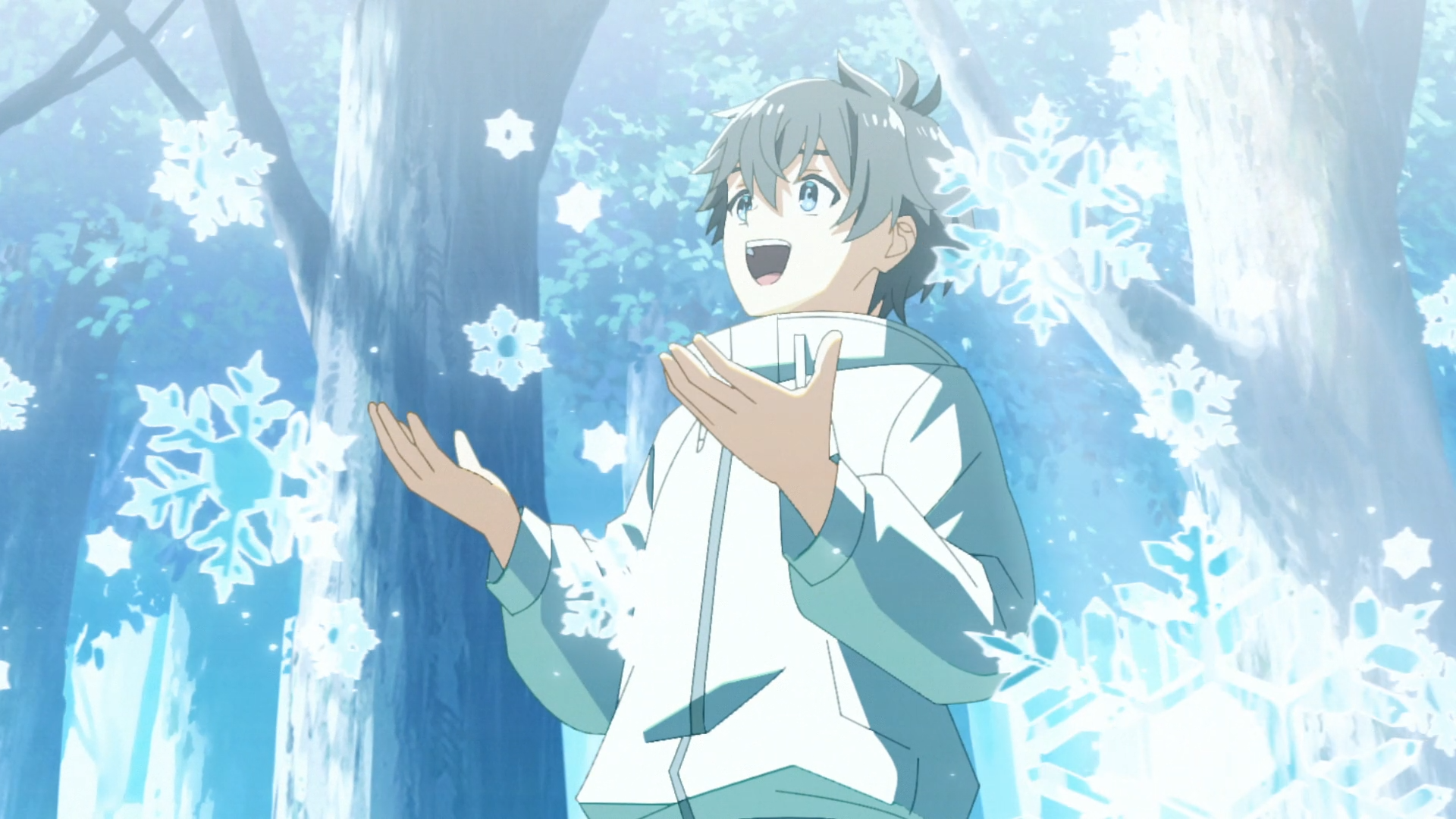
The Magic System That Actually Makes Sense
Unlike many isekai where protagonists become absurdly overpowered overnight, The Water Magician takes a scientific approach to magical development. Ryo's water magic follows logical progression—he starts by learning basic manipulation, moves to temperature control, then pressure variation, and eventually develops complex techniques that feel earned rather than given.
The series excels at showing rather than telling. When Ryo discovers a new application for his magic, we see the thought process, the experimentation, and the gradual mastery. This attention to detail makes his eventual legendary status feel genuinely deserved.
The Realistic Approach to Survival
Those first 20 years in the wilderness aren't glossed over—they're the foundation of everything that follows. The anime dedicates significant time to showing how Ryo adapts to his new reality, learns to fight monsters, and gradually builds a life for himself. This grounding in realistic survival challenges makes his later adventures feel more impactful.
Production Quality: Typhoon Graphics & Wonderland's Vision
The anime adaptation is produced by Typhoon Graphics and Wonderland, studios that might not be household names but have clearly invested in bringing this world to life authentically. The series features direction by Hideyuki Satake, with music by Akira Kosemura, and character design by Yūka Kozutsumi based on original designs by Hana Amano.
Visual Style and Animation
The animation style strikes a balance between detailed character work and expansive world-building. The wilderness scenes that dominate early episodes showcase varied monster designs and environmental storytelling that helps viewers understand Ryo's isolation and gradual adaptation.
Water magic effects deserve special mention—the animators have created visually distinct techniques that evolve alongside Ryo's abilities. Early scenes show tentative, small-scale water manipulation that gradually becomes more confident and creative.
Soundtrack and Audio Design
Akira Kosemura's musical composition supports the series' contemplative pace while building tension during action sequences. The audio design particularly shines during magical combat, where water magic creates unique sound profiles that help distinguish different techniques.
Themes That Run Deeper Than Expected
The Value of Patience and Gradual Growth
In an era of instant gratification entertainment, The Water Magician champions the value of steady, patient development. Ryo's 20-year journey from barely surviving to legendary status serves as a meditation on how real mastery develops over time through consistent effort and adaptation.
Finding Purpose When You Didn't Ask For It
Ryo's reluctant heroism explores themes of responsibility and purpose. He never wanted to be special or important—he just wanted peace. The series examines how external forces and personal growth can thrust individuals into roles they never sought, and how one navigates that transformation while maintaining their core values.
The Cost of Power and Isolation
Those decades in the wilderness weren't just physical survival—they were psychological isolation. The series subtly explores how extended solitude shapes Ryo's worldview and social skills, making his eventual integration into magical society both necessary and challenging.
Story Arcs Worth Watching For
The Wilderness Years Arc
Don't let the slower pace fool you—these early episodes establish everything that makes the series special. Watching Ryo learn to survive, adapt, and gradually develop his abilities creates genuine investment in his character that pays dividends throughout the series.
The Abel Encounter Arc
This pivotal storyline transforms the entire series dynamic. The introduction of political elements and moral complexity elevates the narrative beyond simple survival story into something more ambitious and engaging.
The Magical Society Integration Arc
As Ryo transitions from hermit to reluctant public figure, the series explores themes of fame, responsibility, and maintaining personal values in the face of external expectations.
Critical Reception and Fan Response
The series currently holds a 7.1 rating on IMDb, reflecting generally positive reception with room for growth. Early reviews praise the series' patient character development and unique approach to magical progression, though some critics note the deliberately slow pacing may not appeal to all isekai fans.
Some reviewers have noted that the slow start can feel "self-indulgent," particularly for viewers accustomed to more action-heavy isekai series. However, this same deliberate pacing has earned praise from fans who appreciate character-driven storytelling over power fantasy fulfillment.
Should You Watch The Water Magician?
Yes, if you enjoy:
Character-driven storytelling over action spectacle
Realistic magical progression and development
Isekai that subvert typical power fantasy tropes
Series that reward patience and attention to detail
Skip if you prefer:
Fast-paced action from the first episode
Overpowered protagonists who dominate immediately
Romance-heavy isekai storylines
Comedic or lighthearted fantasy adventures
What Makes It Unique in the Isekai Landscape
The Water Magician stands out because it takes the time most isekai skip. Instead of rushing to make Ryo overpowered, it shows us the journey—every struggle, every small victory, every moment of doubt and growth. This patience creates a more satisfying payoff when Ryo does demonstrate his abilities.
The series also avoids many isekai clichés: there's no immediate harem, no game-like status screens, and no convenient plot armor. Ryo succeeds through intelligence, persistence, and genuine character growth rather than lucky breaks or inherited advantages.
Final Thoughts: A Hidden Gem Worth Your Time
The Water Magician might not grab attention with flashy action or over-the-top comedy, but it offers something increasingly rare in anime: genuine character development earned through time and struggle. This is ultimately the story of how "the Water Magician's wild adventure begins"—not with overwhelming power, but with earned wisdom and reluctant heroism.
For viewers willing to invest in slower-paced storytelling, The Water Magician offers rewards that fast-paced action series can't match: characters you genuinely care about, powers that feel earned rather than given, and a world that feels lived-in rather than constructed for plot convenience.
Give it at least three episodes to find its rhythm. If you're still not hooked by then, it probably isn't for you—but if you find yourself curious about Ryo's next small victory, you're in for a uniquely satisfying anime experience.
Comments
No comments yet. Be the first to comment!
More in Anime
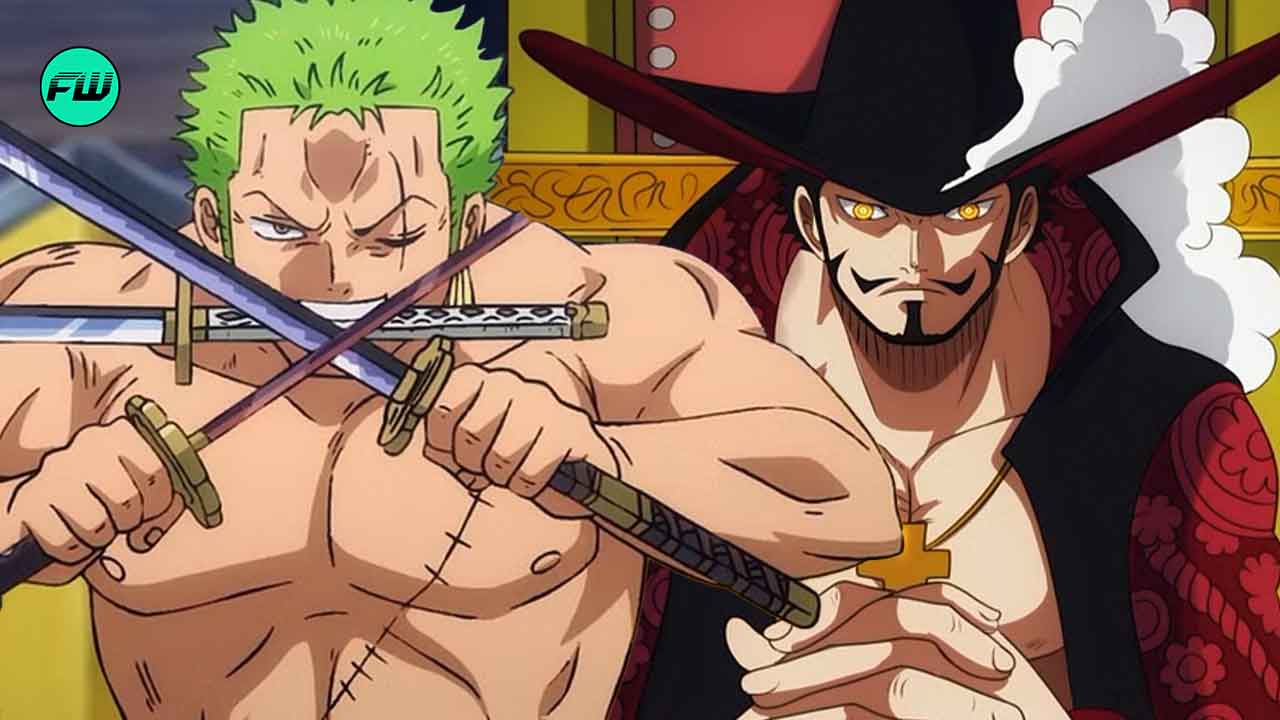
Could Zoro Beat Mihawk Right Now?
By rushabh
Top 10 Underrated Anime of 2025 — Hidden Gems You Shouldn’t Miss
By rushabh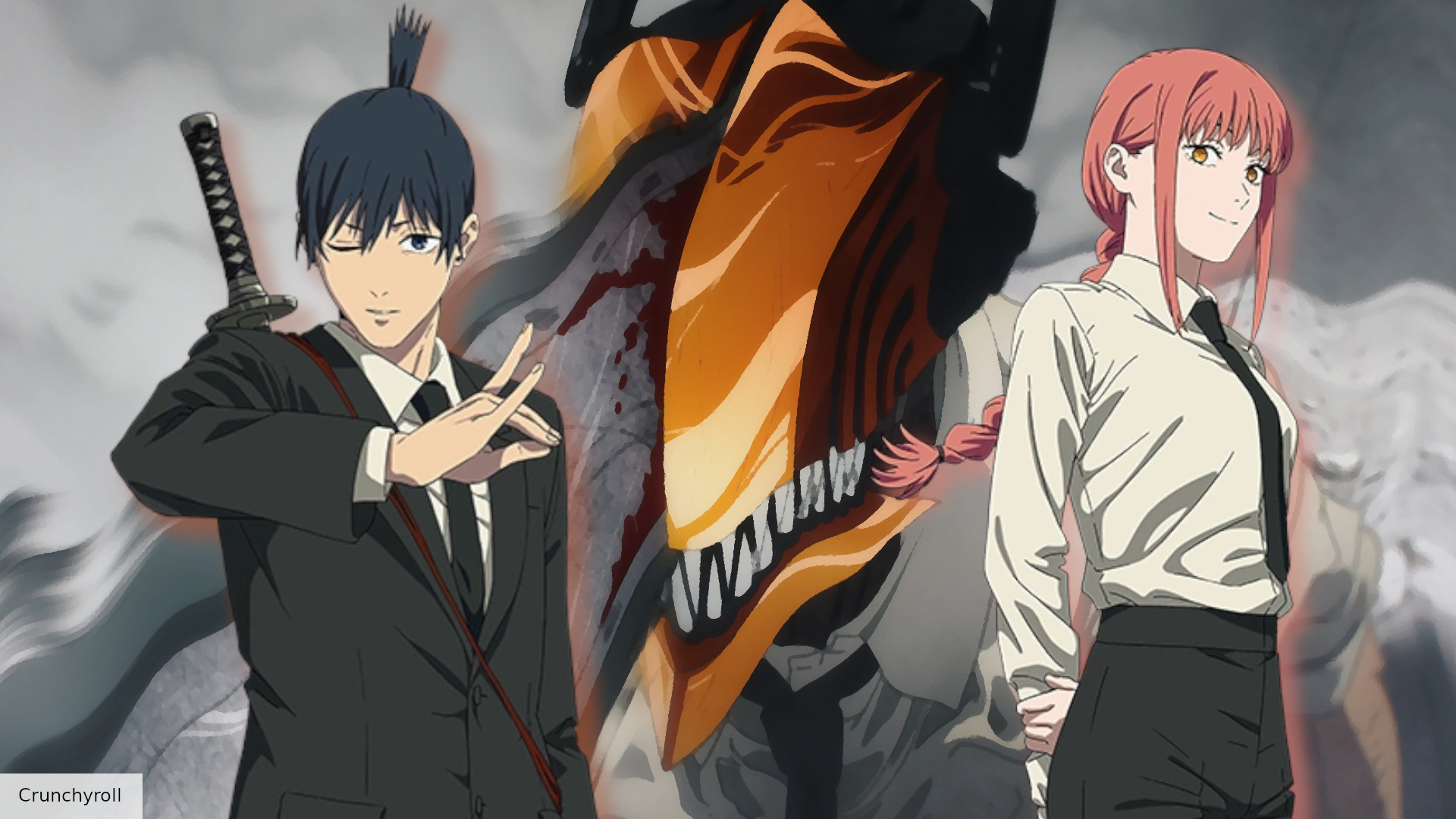
When Is Chainsaw Man Season 2 Coming Out?
By rushabh